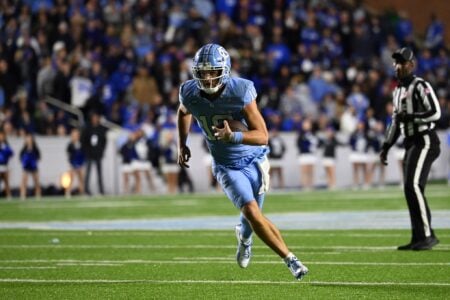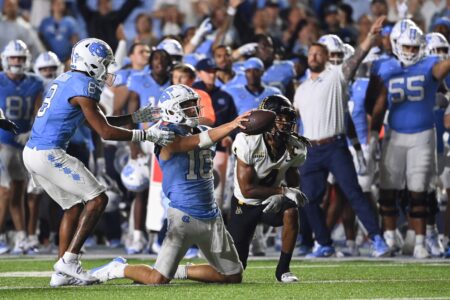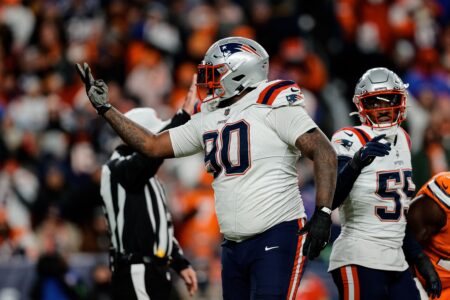Stopping the pass and passing determine who wins the Superbowl? Based on what facts? Look at the list of Superbowl winners over the past 10 years - the vast majority of them were run-based offenses and physical defenses who could stop the run. I already pointed out the 2 exceptions you raised, when a pro bowl receiver actually won a Superbowl: the 06 Colts won because their defense got MUCH better going into the playoffs, and Peyton Manning matured as a QB (on top of Patriot and Bears choke jobs). The 2001 Rams lost to a far inferior Patriots opponent because they were stubbornly/predictably pass-happy and got stuffed by a physical Patriots team that figured them out.
We agree on 1 point : that to win one team has to be efficient everywhere. That being said, historically teams that were great at passing the ball did much better than teams that were great at rushing the ball :
Great run defense does not equal championship :
Cold, Hard Football Facts.com: Best run defenses of the Super Bowl Era
Cold, Hard Football Facts.com: We stomp on another gridiron cliché
Great run offense does not equal championship :
Cold, Hard Football Facts.com: Best rushing teams of the Super Bowl Era
Cold, Hard Football Facts.com: The great ground attacks
Now, let's look at the team that have the most efficient passing attack :
Cold, Hard Football Facts.com: Best passing teams of the Super Bowl Era
And great pass defenses :
Cold, Hard Football Facts.com: The Steel Curtain's secret
Now, you are bringing up the Steelers has having a great run defense. While it is true, they also have a great pass defense first and foremost : in 2008, they allowed only 4.3 yards per pass attempt (league avg = 6.2). They also got 5 interceptions more than league avg. The run defense was the best too (3.3 yards per run versus league avg of 4.2) but they did not get more turnovers from fumbles recovery than the league avg.
2006, the Colts where much better against the pass than the runs.
The 2004 Pats were just a bit better than league avg versus the run (3.9 vs 4.1) and the pass (5.9 versus 6.2).
The 2003 Pats were dominant against the pass (29 ints, 12 more than league avg, 0.9 yards per pass better than league avg) and very good against the run (0.6 yards per run better than league avg, good for 6th in the league).
Same goes for the 2002 Bucs : dominant against the pass (31 ints, 13 more than league avg, best yards per pass in the league, half a yard better than 2nd place !) and very good against the run (3rd in the league for yards per run).
2001 Pats were both below league avg against the run and the pass, but again they did a little bit better against the pass (+0.1 yards per pass more than avg, but 4 more interceptions than avg....vs the run they avg +0.2 vs league avg).
The 200 Ravens might be the only exception as they did a lot better against the run than the pass (they were good against the pass too, but not as dominant). But then again, it might be the exception that confirms the rule since they are the most dominant team against the run of the past 30 years.
The 1999 Rams were 4th in the league for yards per run, but 2nd for INTs (+11 versus league avg).
The 1997 Broncos were worst in the league for yards per run avg (so the 2006 Colts is NOT an exception).
Even looking at the past 10 years, some teams were able to win a Super Bolw while fielding the worst rush defense in the league. But all teams were at least good against the pass. There's no bottom 5 pass defense in all those teams.
I hope this will put the pass/rush argument to rest.


















